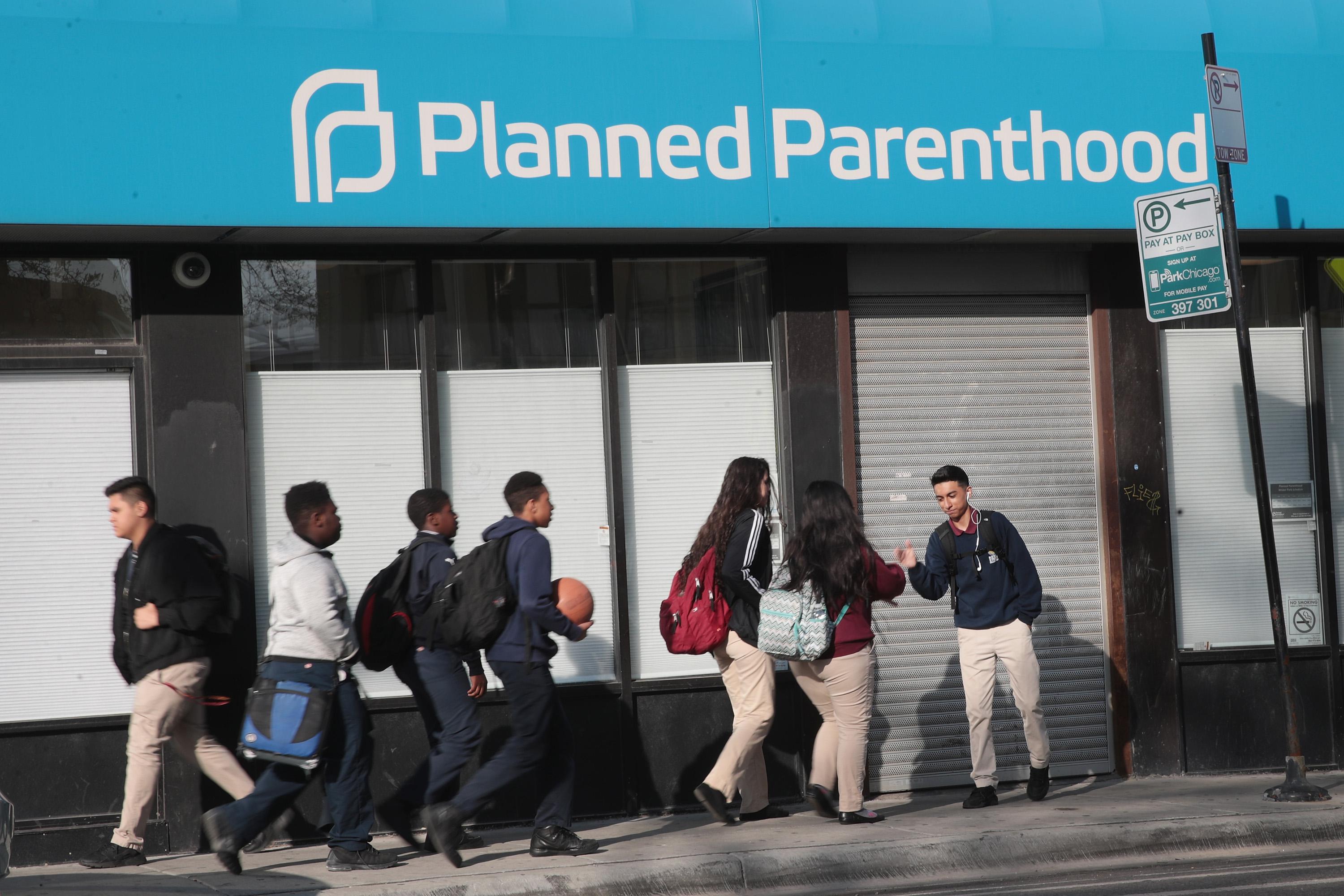The Supreme Court on Tuesday declined to hear an appeal filed by Planned Parenthood against an Arkansas law that would place severe restrictions on medication abortions. Reproductive rights advocates have argued that the law is essentially the same as a Texas law the Supreme Court struck down in 2016, in a case called Whole Woman’s Health v. Hellerstedt.
Both laws hinge on a requirement that abortion providers obtain admitting privileges at nearby hospitals. Women’s health care practitioners say the requirement is unnecessary because abortions are extremely safe—only about 0.23 percent of patients require hospital-grade intervention, a rate far lower than that of, say, colonoscopy patients—and hospitals will already take on any patient for care, regardless of whether her doctor has a relationship with the hospital. The Supreme Court found in Whole Woman’s Health that the Texas admitting-privileges law placed an undue burden on women’s access to abortion care, since the law contributed to the closure of several abortion clinics after hospitals declined to grant admitting privileges to providers of such a highly politicized procedure.
The Arkansas law is a bit different: It only applies to medical abortions, which are growing in popularity and account for nearly half of all U.S. abortions. Compared to surgical abortion, the procedure is much less expensive and much more simple for women—they can take one of the two sets of pills at home after taking the first at a clinic—and it’s FDA-approved through the 10th week of pregnancy. Currently, two of Arkansas’ three abortion providers only offer medical abortions. If the new law goes into effect, those two clinics, both Planned Parenthood health centers, will have to cease all abortion care. The only remaining abortion provider will be in Little Rock, forcing abortion-seeking women in the Fayetteville area, where one of the Planned Parenthood centers is located, to leave the state or travel 380 miles two times to get abortion care. (The state already mandates a 48-hour waiting period between a patient’s first appointment and her actual abortion.) The entire state of Arkansas will depend on a single clinic for all abortion services, and women who would otherwise be eligible for medical abortions will have to submit to more invasive surgical ones instead.
For now, Arkansas has become the first state to effectively ban medical abortions. The law marks “the triumph of politicians over science, and it’s women who will suffer as a result,” said Planned Parenthood Great Plains president and CEO Brandon Hill in a statement. The organization said it will immediately begin informing patients that they can no longer come in for the procedures they had previously elected to have.
The Supreme Court’s decision on Tuesday is a major blow to reproductive justice advocates. The Whole Woman’s Health ruling seemed to herald a new day for abortion rights, wherein the “protecting women” argument for targeted restrictions on abortion providers would be regarded, rightly, as a sham. None of the nine justices issued a dissent on the court’s choice to let the Arkansas law stand; it’s possible that the more liberal of the bunch worried that swing-vote Anthony Kennedy would come down on the side of Arkansas if the case came before the court, creating a new and damaging precedent for the curtailing of abortion access.
On the flip side, anti-abortion advocates who are counting on the conservative 8th U.S. Circuit Court of Appeals to send a possible challenge to Roe v. Wade to the Supreme Court will be buoyed by this news. The 8th Circuit, which reversed a lower court’s injunction against the Arkansas law, has written that the Supreme Court should reconsider Roe with greater weight given to the state’s interest in promoting childbirth.
In the Arkansas case, the appeals court ruled that the law was subject to the precedent in Whole Woman’s Health because the lower court judge didn’t prove that a large number of women seeking medical abortions would be hampered by the Arkansas law, as pro-choice advocates did in Texas. “We do not require the district court to calculate the exact number of women unduly burdened by the contract-physician requirement,” the decision stated. “Nonetheless … we find that this standard is not entirely freewheeling and that we can and should define its outer boundaries.” Planned Parenthood said in a statement that it intends to go back to the district court for “emergency relief.” If the organization can prove that a “large fraction” of women will be unable to access abortion care under the admitting-privileges law, it stands a chance of getting it blocked again.
